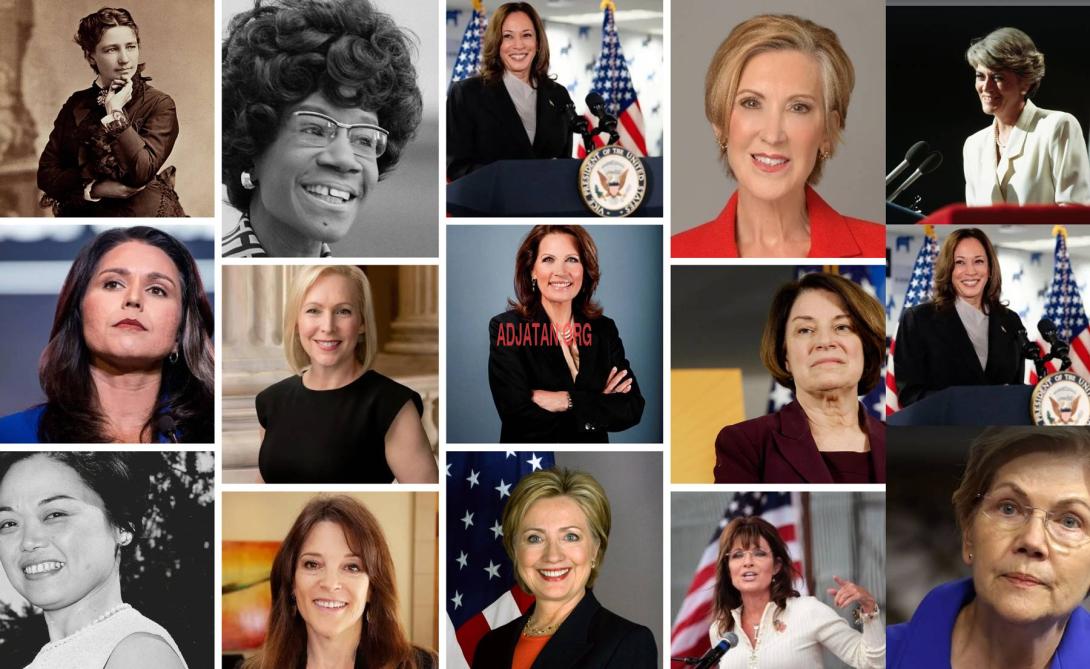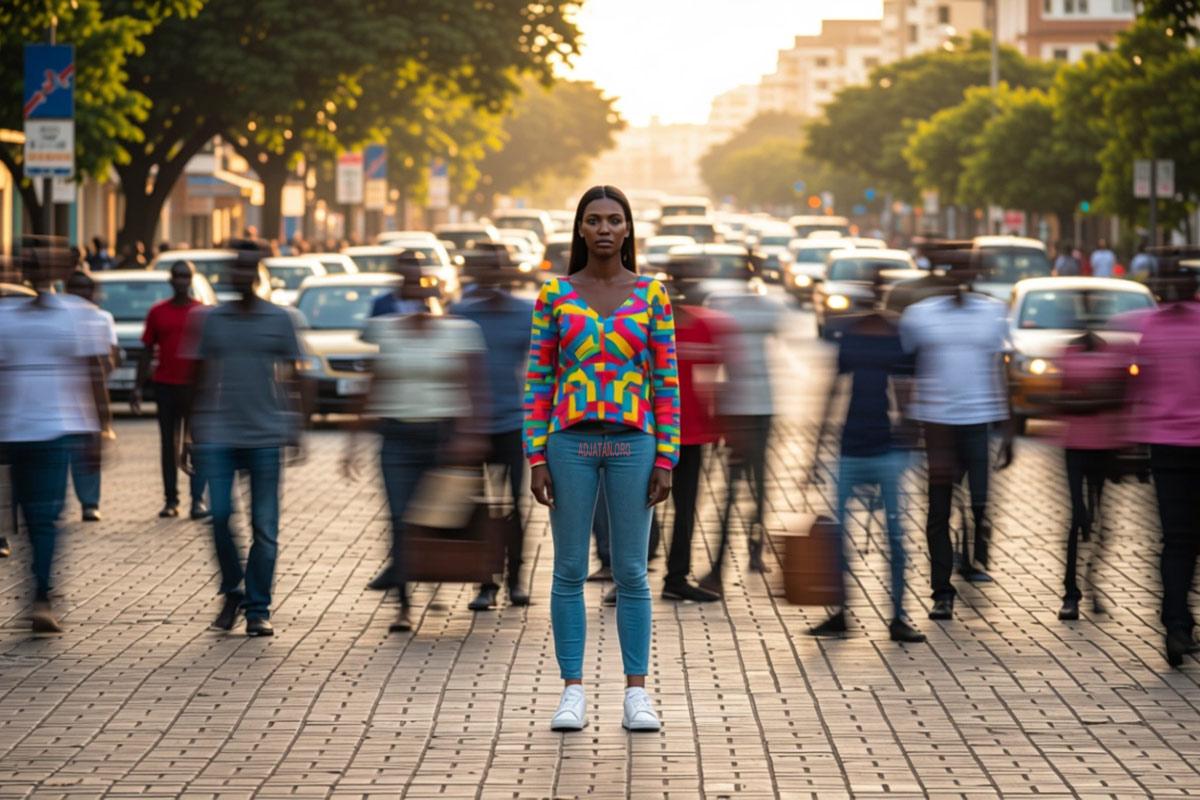
The landscape of American presidential elections has seen significant contributions from numerous women who have dared to challenge the political status quo. Although none have ascended to the presidency, their campaigns have indelibly influenced the nation's political dynamics, paving the way for future female candidates.
Major Party Candidates: Breaking the Glass Ceiling
Hillary Clinton (2016): Hillary Clinton's historic campaign as the Democratic nominee marked a significant milestone as the first woman nominated by a major party. Despite her groundbreaking candidacy, she was defeated by Donald Trump. This loss underscores the persistent gender biases and the complex interplay of factors that influence electoral outcomes.
Geraldine Ferraro (1984): As the first female vice-presidential candidate on a major party ticket, Ferraro's run with Walter Mondale represented a pioneering moment. However, their defeat by incumbents Ronald Reagan and George H.W. Bush highlighted the entrenched political and societal barriers women faced at the time.
Sarah Palin (2008): Sarah Palin's vice-presidential candidacy with John McCain brought a fresh dynamic to the Republican ticket. Their subsequent loss to Barack Obama and Joe Biden further illustrated the challenges of breaking the mold in American politics.
Prominent Primary Candidates: Shaping Political Discourse
Victoria Woodhull (1872): As the first woman to run for president, Woodhull's campaign with the Equal Rights Party set a precedent. Though largely symbolic, her candidacy was a bold assertion of women's rights and capabilities in a male-dominated political arena.
Shirley Chisholm (1972): Shirley Chisholm's historic run in the Democratic primaries as the first Black woman seeking a major party's nomination was a profound statement against racial and gender discrimination, paving the way for future minority candidates.
Patsy Mink (1972): Patsy Mink's campaign as the first Asian-American woman in the Democratic primaries underscored the diversity and expanding inclusivity within the political landscape.
Michele Bachmann (2012): Michele Bachmann's participation in the Republican primaries brought her conservative views to the forefront, influencing the party's discourse and policy debates.
Carly Fiorina (2016): As a former business executive, Carly Fiorina's run in the Republican primaries highlighted the intersection of corporate leadership and political aspirations.
Tulsi Gabbard (2020): Gabbard's candidacy in the Democratic primaries as a military veteran and congresswoman emphasized the evolving role of women in diverse public service arenas.
Elizabeth Warren (2020): Known for her detailed policy plans, Elizabeth Warren's primary campaign showcased the intellectual rigor and policy-focused approach women bring to presidential politics.
Kamala Harris (2020): Harris' campaign in the Democratic primaries, followed by her historic election as Vice President, marks a significant achievement in gender and racial representation at the highest levels of government.
Amy Klobuchar (2020): Klobuchar's focus on bipartisan solutions in the Democratic primaries underscored the pragmatic and collaborative approach women often bring to the political table.
Kirsten Gillibrand (2020): Gillibrand's advocacy for women’s rights and social justice in the primaries highlighted the continued relevance and urgency of these issues in national politics.
Marianne Williamson (2020, 2024): Williamson's campaigns, rooted in spiritual teachings, brought a unique perspective to the political discourse, emphasizing the need for holistic and compassionate governance.
Third-Party and Independent Candidates: Diverse Voices in Politics
Jill Stein (2012, 2016): As the Green Party candidate, Jill Stein's campaigns brought environmental issues to the forefront, influencing the broader political narrative on sustainability and climate change.
Cynthia McKinney (2008): McKinney's candidacy with the Green Party focused on social justice and peace, offering a progressive alternative to the major party platforms.
Gloria La Riva: Representing the Party for Socialism and Liberation, La Riva's multiple runs emphasized workers' rights and anti-imperialism, challenging mainstream economic policies.
Lenora Fulani (1988, 1992): Fulani's campaigns with the New Alliance Party focused on economic reform and social justice, advocating for systemic changes to address inequality.
July 2024: A Historic Development
In a significant development, an Associated Press survey indicates that Kamala Harris has secured enough Democratic delegates to become her party’s nominee against Donald Trump. Endorsed by Joe Biden after his exit from the race, Harris quickly gained the support of the party’s key figures. With more than the 1,976 delegates needed, she is poised to challenge Trump in the upcoming election.
As Kamala Harris advances towards potentially becoming the Democratic nominee for the 2024 presidential election, her candidacy represents a continuation of the journey towards gender equality in American politics. Her campaign stands as a testament to the progress made by trailblazing women before her and serves as an inspiration for future generations. The upcoming election promises to be a pivotal moment in the ongoing struggle for representation and equality in the highest echelons of government.





